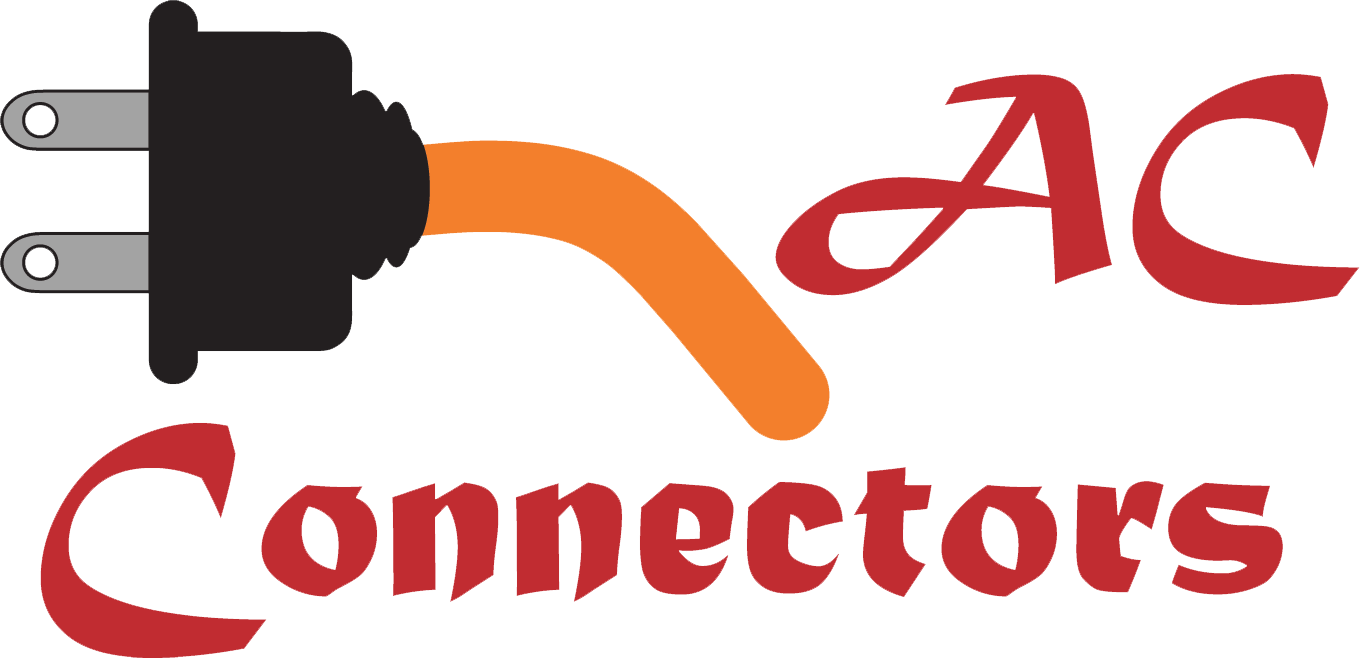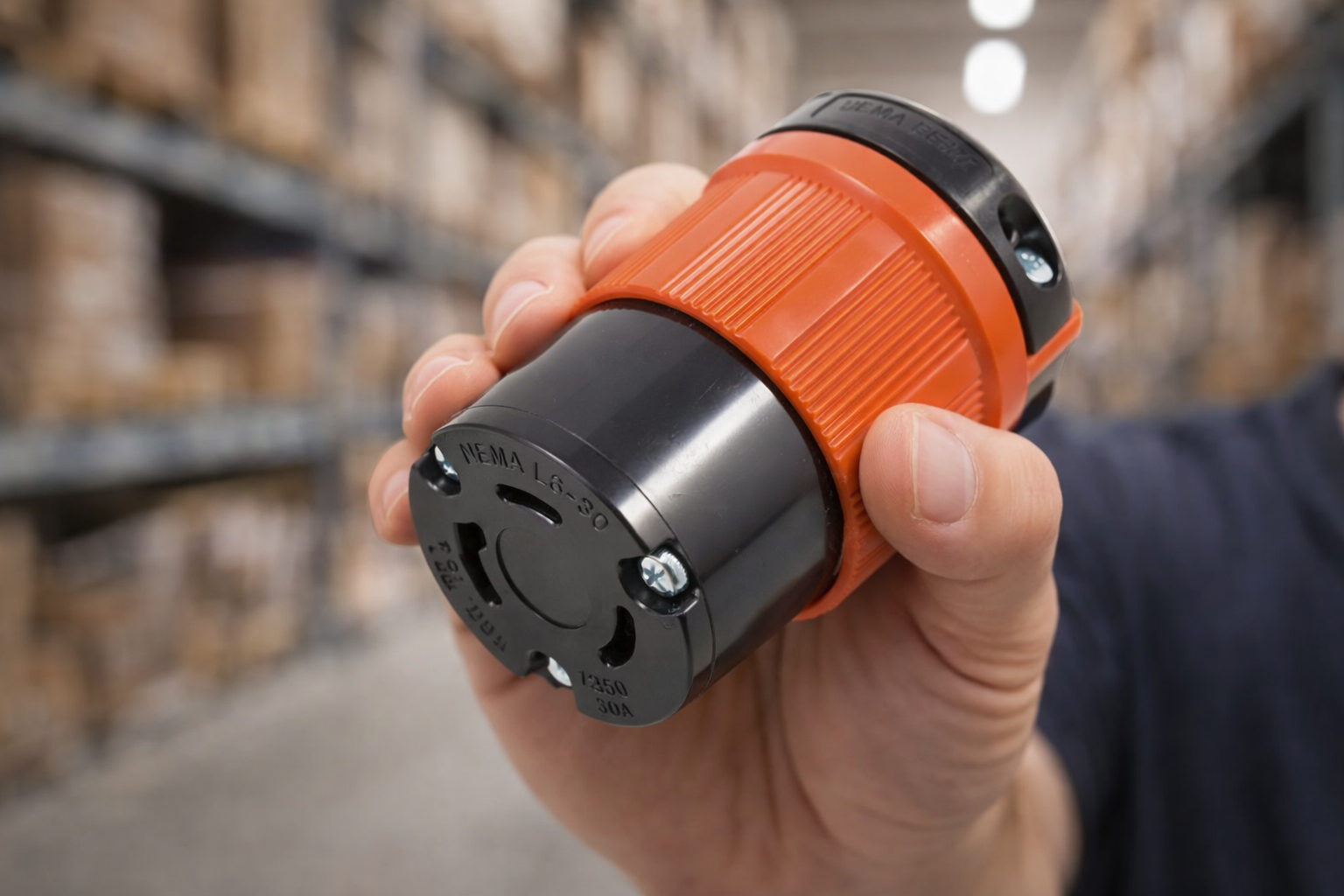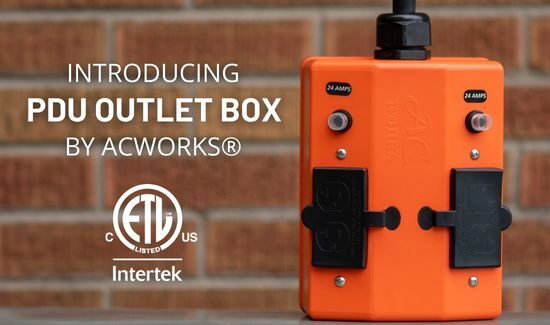As exciting as it is to prepare your boat for a season full of fishing, relaxing on the water and entertaining friends or family, if you don't properly prepare you will find yourself grounded. Here are some tips to make sure your boat will stay afloat all summer long.
Charge, install and test all batteries. Inspecting the operation of the electrical systems and all electronics on the boat. Test the cabin switches.
Remove anti-freeze from any water systems on your boat. Flush, the anti-freeze from the water tank and then connect the pump so you can flush the lines. Once you have pressurized the water system you can run the water until clean water flows from each faucet.
Now you can check your engine and make sure it has the appropriate oil levels, there are no leaks and the fluid levels of the coolant and power steering fluid and transmission are all at the appropriate levels. Check the fuel lines for any cracking, damage or leaks.
Now you can move on to starting your vessel.
TIP: This can have some very costly mistakes if not done correctly. Seek the advice of professionals and your owners’ manual prior to starting your boat out of the water.
Once you have it running you can check the oil pressure, the exhaust, gauges, fluid leaks, strange noises from any loose belts or other problems. Don’t forget to check your steering and the propeller in all shift positions. It is a good idea to shut down the engine with the safety stop, to be sure it is operating properly.
Once you are sure the boat is running properly you can wash, wax and give it a fresh layer of bottom paint before you drop it into the water.
Winterizing and de-winterizing can and should be done by a professional if you are unsure of what to inspect or how to know if things are running properly. Trust the professionals if you are not sure how to complete these tasks on your own.
When it comes to your power adapters, cables, and connectors you want to make sure they are clean and safe to use. We have a few tips for you to use when checking your cables and adapters before use. In areas with salt water, the salt can get into the air and cause corrosion and rust on your metal objects. Rusted metal can cause a poor connection quality and has the potential to become a fire hazard. Below are images of what metal rusting/corrosion can look like.
METAL CORROSION EXAMPLE

METAL RUSTING EXAMPLE

If you have an adapter with corrosion or rusting on any of the metal pins or terminals, please replace it immediately. Not all metal corrosion or rusting looks the same as the image above. If you have any questions about the quality of your metal pins and terminals contact our customer service department.
When you pull your adapters and cables out for the season ALWAYS check them to be sure they are safe and will work properly. The first thing you want to do is clean the cable if needed. You can wipe it down and get any dust and debris out of the terminals and off the pins. Once the adapter and/or cable is clean check the cable for any damage.

When docked, remember to keep a close eye as to where your cables are hanging. If needed you can get straps to keep your cord from crimping or forcing pressure on it between the dock and boat.
Again, if there is any damage to the pins or terminals on your adapters or your cables and wires, do not use the product. Below are two examples of Marine-friendly adapters we offer. They both have nickel-plated pins and terminals to prevent rusting and are designed with a super durable molded seal structure to prevent damage.
PART NUMBER S515M50-018
PART NUMBER RVL1430M50-018
When preparing your boat for the season, make sure you follow all necessary steps, so you can have a safe and enjoyable boating season.









Share:
Frequently Asked Questions - 2
Things to Know About your Boat's Power